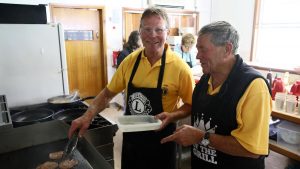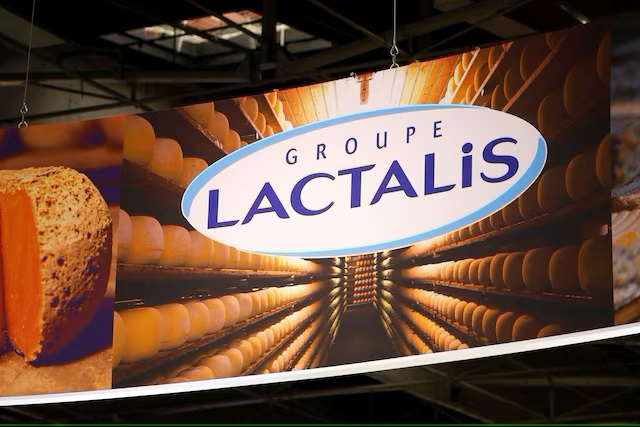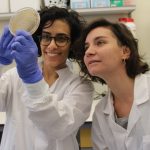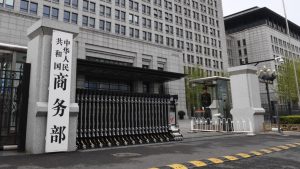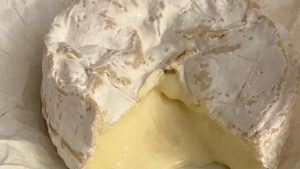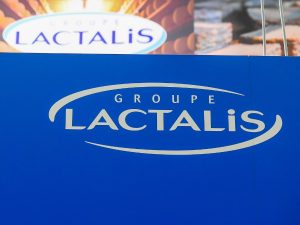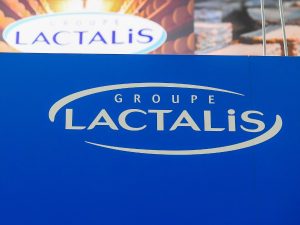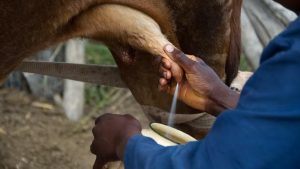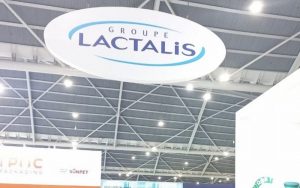Lactalis, the world’s largest dairy company, is to reduce the volume of milk it processes in France, a move it said is aimed at reducing its exposure to international commodity prices but which caused alarm among farmers about a declining dairy herd.
Lactalis plans to cut the amount of milk it collects annually by 450 million litres, or nearly 9% of its overall volume of 5.1 billion litres in France, it said in a statement on Thursday.
The reduction, to start at the end of this year and take effect progressively through 2030, will limit the volume of so-called surplus milk that Lactalis processes to sell abroad as bulk commodities like milk powder, it said.
A greater weighting of consumer products like cheese and yoghurts in its processing mix would lead to better farmgate prices for dairy farmers, it said.
“The valuation of surplus milk is often very low and subject to the volatility and unpredictability of world markets,” Serge Moly, Lactalis’ supply director, said in the statement.
But dairy farmers’ union the FNPL criticised in a statement what it called a “withdrawal from the French dairy sector”.
Arnaud Rousseau, head of France’s biggest farmer union the FNSEA, told France Info radio that the issue was “ensuring dairy producers will continue to have someone who will collect their milk”.
A dwindling number of livestock farms in France, the European Union’s biggest agricultural producer, has been a factor in discontent that spilled over into protests earlier this year.
The FNSEA has been pressing France’s new government to implement support measures that were delayed by a snap legislative election at the start of summer.
Lactalis said its volume cuts, which will cover two areas of France where its supplier network is more spread out, will be subject to discussions with producers.
A Lactalis spokeswoman added that France faced stiff competition from countries like New Zealand to export bulk ingredients.
The international market is facing declining demand from
China. The country is also conducting an anti-subsidy
probe into some EU dairy products, part of a riposte against proposed EU levies on Chinese electric vehicles.
